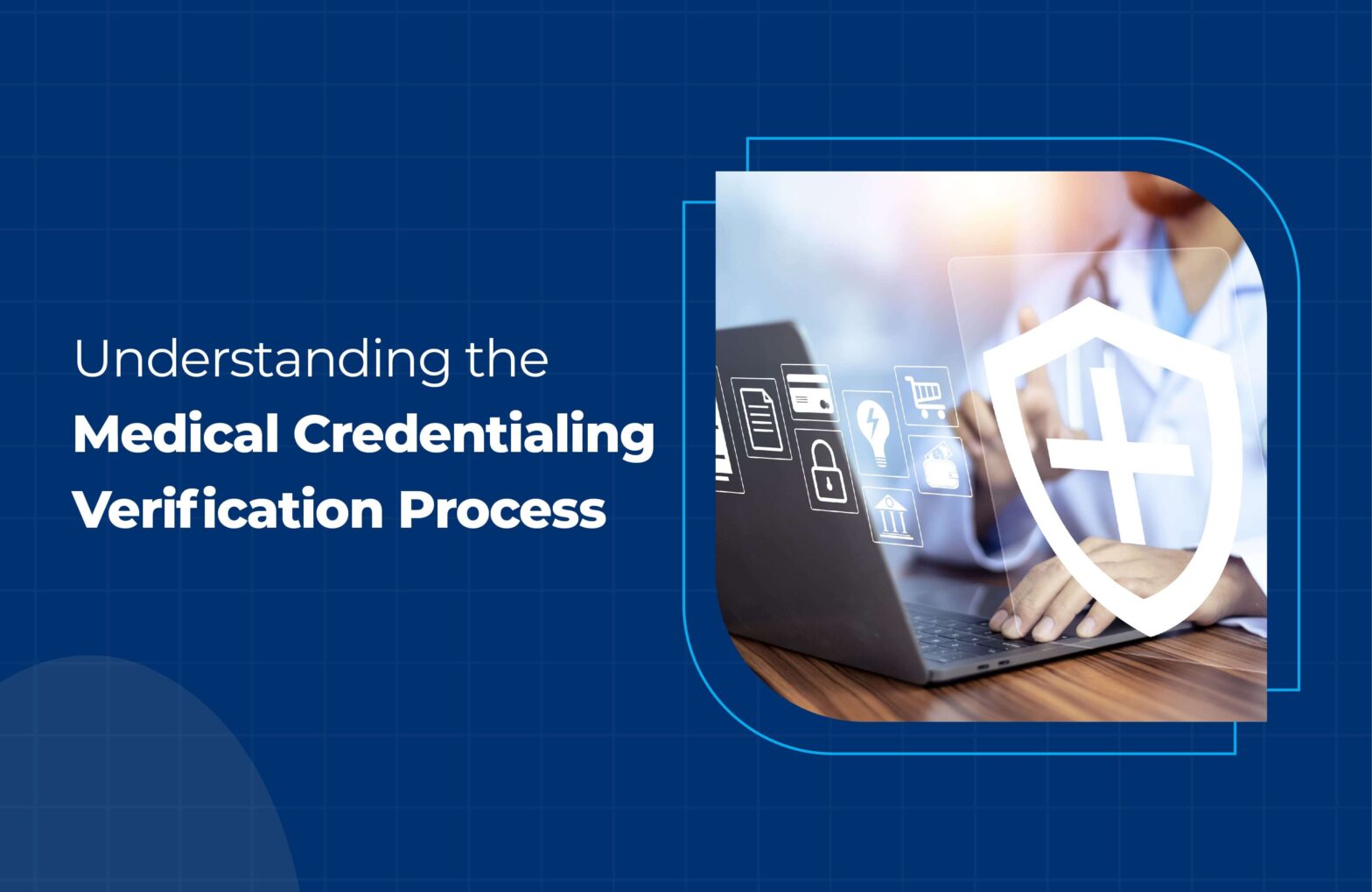Understanding the Medical Credentialing Process
For a healthcare provider who wants to set up a practice, credentialing holds the highest importance. At the same time, the provider or medical credentialing process involves a lot of significant work. While it may appear like it requires only a few steps, healthcare providers say that getting credentialed is one of the most time-taking processes with a lot of “on-hold” notifications from the insurance companies.
With this article, let’s understand the medical credentialing process better and how it can be simplified.
What is medical credentialing?
In simple words, medical credentialing is the process of verifying the credentials of healthcare providers to ensure they have the required licenses, degrees, certifications, and authorization to provide care to patients or you can also say set up their clinic or medical facility.
Medical credentialing can be also described as getting enlisted in the insurance panels wherein the insurance companies verify doctors’ credentials before including them in their in-network provider list so that the doctors get paid for their services.
The medical credentialing process includes verifying a doctor’s information such as:
- Education and qualifications
- Residence address
- Licenses
- Certifications
- Career record
What are the stages of medical credentialing?
The steps of medical credentialing may vary from one organization to another, however, the major steps of a medical credentialing process are common and are as follows:
Filing an application
To get credentialed, healthcare providers must identify the insurance companies they want to get credentialed with and apply for the same.
Documentation
While filing the application, healthcare providers must submit the supporting documents required to get credentialed. Each insurance company has different guidelines for documentation and hence, healthcare providers must apply with accurate and complete documents to get credentialed fast.
Completing the CAQH
Major insurance companies require CAQH filing in addition to other necessary documents as a part of their application process. Healthcare providers must check if the insurer has a CAQH application requirement too before applying for credentialing.
Verification
Once providers submit the application process with their supported documents, they have to wait for the verification process. Most providers partner with credentialing experts who verify the provider’s medical licenses, malpractice insurance carrier, work history, education, etc and take the process ahead.
Approval
Usually the key stakeholders of a healthcare organization discuss the application process and approve the provider’s employment. This process can take upto a month or longer since it requires accurate verification of all the important documents submitted by the healthcare provider.
Recredentialing (if required)
Some facilities may grant providers a credentialing for a complete two years for both permanent doctors and locum physicians. In that case, providers may be required to re-apply before the termination of their contract.
How long does the medical credentialing take?
The medical credentialing process usually takes 90-120 days, if done accurately. However there are a number of factors that play into how long it will take such as the hospital’s accreditation and guidelines.
What factors can lead to delay in the medical credentialing process?
- A healthcare provider’s credentialing can be delayed due to various reasons such as,
- Not providing accurate information or required documents on time.
- You don’t have a credentialing expert
- The provider information is outdated
- Deviation in compliance requirements
- Delegating credentialing to an inexperienced staff member
How to ensure a smooth-sailing medical credentialing process?
Speeding up the approval process is the key to a faster medical credentialing process. Providers can opt for medical credentialing services or hire a credentialing expert who can help you simplify the process and reduce your wait time.
Key Takeaway
Medical credentialing allows healthcare providers to become an in-network provider for insurance companies. As a result, it helps in improving the patient experience as they can be assured their health is in safe hands and the bigger picture is that you generate more revenue for your practice.



